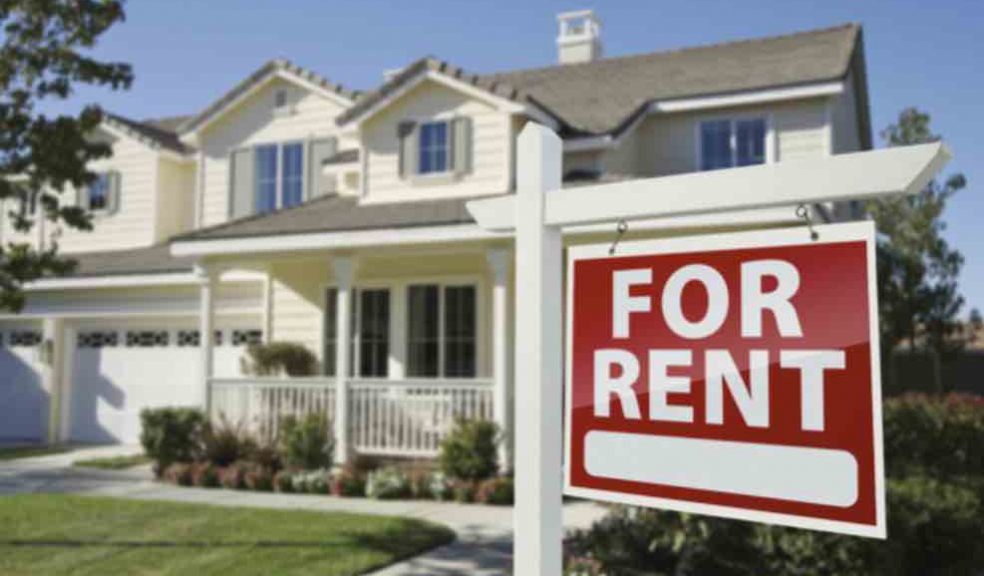
More than half of Devon residents suffer health problems due to condition of their rented home
The Homes (Fitness for Human Habitation) Act has now come into force across the UK and Devon’s tenants might be feeling positive. After all, it’s now easier for them to sue a landlord who fails to keep their home in a habitable condition.
This is an important piece of legislation; it functions as an update to the Landlord and Tenant Act of 1985. The new Act improves on the wording in the original 1985 legislation, specifically that landlords were previously obliged to ensure only that their properties are kept in good repair. The update sets out that landlords must not only keep properties in good repair, but also ensure that they are fit for human habitation.
Examples given in the wording of the Act include good ventilation, freedom from damp and mold and adequate natural light. This will ensure that the basic standard for rented homes in the UK will improve. Given the way the rental market works, this may also lead to a general improvement across the board - even in homes that would currently satisfy the distinction of ‘habitable’ - as landlords operating at the budget end of the market will now be forced to bring their properties up a standard for which other landlords may have charged more. Of course, it could also mean that rental prices may sneak up as landlords seek to recoup the expense of the improvements, but there’s no evidence yet this will be the case.
The new legislation has been a long time coming too. Labor MP Karen Buck (Westminster North) started the process when she presented the original Private Members Bill in June 2015. And according to new research, it’s arrival couldn’t have come quick enough for some.
A study by London damp and leak specialists Aspect, conducted in March 2019, found that almost half of all tenants have been made ill or suffered injury due to the condition of their rented homes. 44% of those surveyed said they’d had a health problem or illness that they directly attributed to the poor condition of their rented property. Common causes were damp, mold and bad ventilation.
In Devon, the problem is significantly worse. 57% of residents attributed health problems to substandard conditions in their rented accommodation. That’s 30% higher than the national average identified in the study.
Says Nick Bizley, commercial director at Aspect: “It’s alarming but not surprising that so many UK tenants are reporting health problems directly related to the condition of their home. Our tradespeople regularly see and report examples of corner-cutting on maintenance, especially where properties have been converted into homes of multiple occupancy, such as a large houses converted into flats, but also at the higher end of the property market too.
“One of our tradespeople recently discovered a homeowner’s drinking water was being fed from a water storage tank rather than being connected directly to a mains supply. This has been done during extensive refurbishment work at the property. You should never drink water from a storage tank as they provide the right conditions for bacteria, such as legionella, to exist. Our tradespeople warned the customer they should change their plumbing as soon as possible and to not drink water from their taps on the meantime.
“Our people also regularly see poorly ventilated homes as a direct result of landlords converting large properties into flats without allowing for sufficient ventilation in each subsequent property. This leads to damp, which causes mould, which is proven to have a detrimental impact on health.”
"Aspect tradespeople have also reported non-isolated gas lines where the entire gas supply was located in the ground floor flat in a block of four. Another shortcut we regularly see is landlord-supplied appliances that haven’t been tested by the PAT testing new equipment. I think landlords can be ignorant of their obligations so we hope this new legislation will clarify those obligations to ensure homes are fit for habitation and lead to a general improvement for living conditions across the rental sector.”
Let’s hope that the new legislation puts an end to corner-cutting and drives the standard of rented homes up across the country and around the UK.














